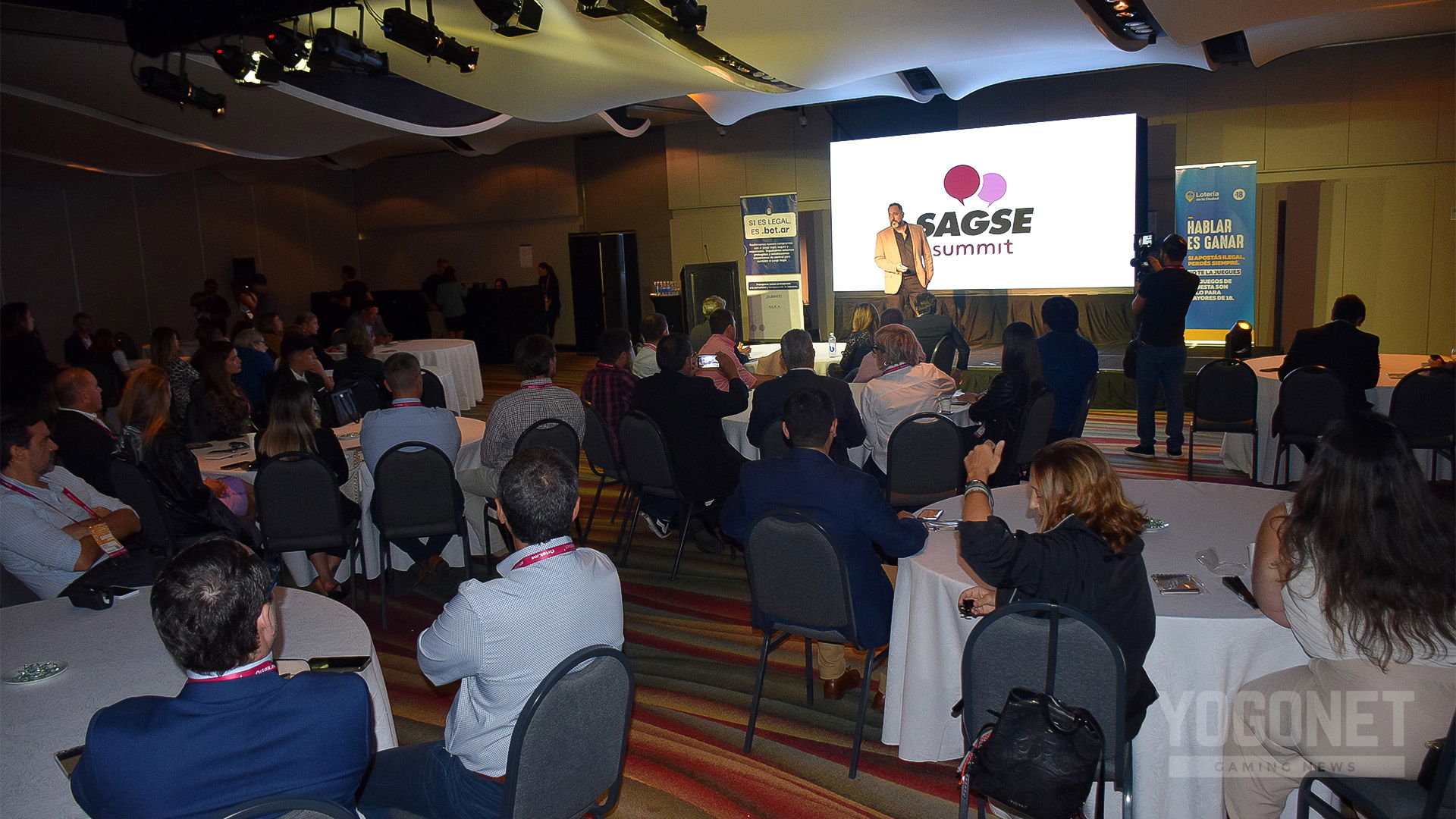UK: Bingo could resist recession

PriceWaterhouseCoopers stated that its own research has found that the industry is now potentially less exposed to this recession as a result of previous sector shockwaves such as the smoking ban and recent Gaming Act.
The firm revealed that spending on games of chance dropped eight percent in real terms over the last downturn, which was over twice as much as gross domestic product (GDP), suggesting that the market is less vulnerable this time round.
In addition, PriveWaterhouseCoopers announced that econometric analysis of the relationship between GDP, consumer spending, unemployment and spending on different types of gaming found that bingo is the least cyclical form of gaming while casino expenditure was the highest regarding spend.
“More habitual, lower ticket forms of neighbourhood gaming will perform better than impulsive purchases such as scratch cards or high stakes betting,” said David Trunkfield, the new Head Of Gaming for PriceWaterhouseCoopers’ UK practice.
“Small stakes gaming such as bingo, lotteries and AWPs may well outperform the downturn. It appears likely that betting and casinos will be impacted more by the recession than bingo, which may benefit from the resilience of its target demographic.”
PriceWaterhouseCoopers revealed that bingo had already been heavily impacted by the smoking ban and changes to machine regulation with sales down over 20 % from their peak. Therefore, the firm stated that any further impacts from the recession were likely to be muted and forecast that bingo would see static performance with a zero to three percent decline in revenues over 2009.
“In addition, the key target demographic may be insulated from the downturn by pension income and their disposable income should benefit from anticipated falls in the inflation rate for food and utility bills,” said Trunkfield.
However, PriceWaterhouseCoopers found that casino gaming was hit first and hardest during the previous recession and suggested that it may be no different this time round, particularly for the high-roller segment of the market. “UK casinos are staring down the barrel of recessionary decline,” said Trunkfield.
“With relatively high spend per head and the potential impact of the decline in the financial services sector on London casinos, the market could see a drop of as much as 8 % in revenue.”















